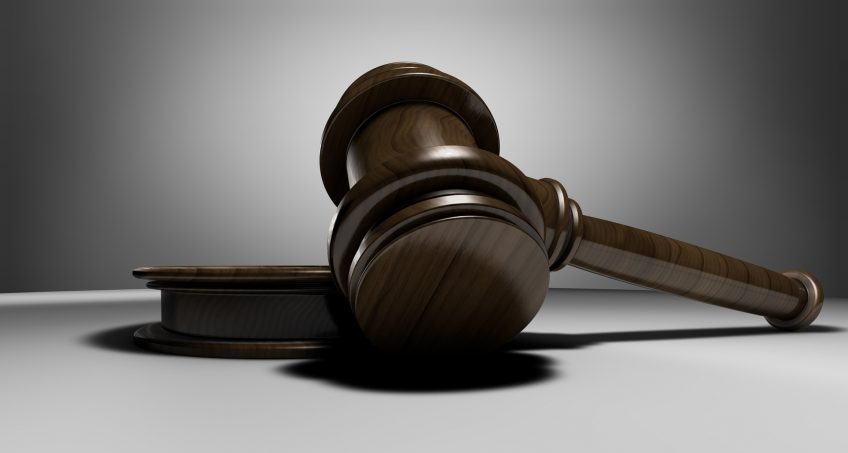Forgetting Your Medical History Can Result In Dismissal Of Your Case
Car AccidentsIn the case of Wallace v. Keldie, Case Number 1D17-2877 (Fla. 1st DCA June 13, 2018), the Florida First DCA dismissed the plaintiff’s case after he appears to have forgotten about chronic back problems from prior injuries.
A Brief Synopsis Of The Facts
To briefly summarize the facts, the plaintiff claimed that he had injured his low back in the early 1980’s but that he had “healed” with no back problems until the car accident involved in this lawsuit. The courts found that his medical records “told a different story.” Numerous records, including those from within a year before the car accident, indicated a history of chronic back pain and problems. The plaintiff later tried to claim that the inconsistencies were a result of “poor memory” caused by “mental health issues, heavy drinking, and his medications.”
The judge found the plaintiff’s testimony to be “patently false” and that he had “fraudulently concealed … his prior personal injuries.” The First DCA did not disagree with the judge’s ruling and affirmed.
The Standard For Dismissal Is Getting Easier For Insurance Companies To Meet
This case illustrates the fact that recent judicial opinions are making it easier for insurance companies to get dismissals against plaintiffs who have been less than forthcoming about their medical histories.
Generally speaking, there is a “clear and convincing” legal standard that should be met before a judge can dismiss a case due to a plaintiff’s lack of candor. A clear and convincing standard is one of the highest legal standards. Likewise, dismissal has been historically held to be a “very harsh result.”
However, as illustrated in this case, if the trial judge conducts an “evidentiary hearing” and makes findings (should be contained in the written order dismissing the case) that the plaintiff committed an “unconscionable scheme calculated to interfere with … proper adjudication” then the clear and convincing standard has been met.
It helps too that where the lies, misrepresentations, or failures to disclose important information are not only pertinent but may also be the heart of the lawsuit.
Putting The Pieces Together
Since case law has evolved over time (as case law or judge-made law does), the pieces of the legal standard are spread out over many case decisions across many years. This is what makes legal work difficult at times.
To put the pieces together and say it simply, is to understand what the rule truly is. I have put my own list together so that I can talk to my own clients about this subject in a very serious way and to share with others so that we can all benefit.
- Must be a lack of candor (does not matter if it came in the form of intentional deceit, misrepresentation of an important fact, or a simple failure to disclose something that is very much at issue in the case)
- Must be material (must be about something that is directly at issue in the case and not some collateral fact)
- Must undermine the fairness of the legal process
If the judge feels that these three things have occurred and has conducted an “evidentiary hearing” (where evidence is presented to the judge), then your case is likely going to be dismissed. This is different than where the judge feels that you as a plaintiff have been caught in a game of “gotcha” as in Duarte v. Snap On Tools.
Be Careful How You Answer
As a plaintiff, you have to pay very close attention to the answers that you give at your deposition and the answers that you give in your interrogatory answers because the defense will try to use inconsistencies against you later. You don’t have to be perfect, but there are things in your life that occur that you should never forget.
It may be hard to articulate what those unforgettable things in your life are, but you know it when you see it. Regardless, you should know that your answers will be judged with hindsight rather than in the moment.
You should also know that a plaintiff must be more careful than a defendant with their answers for the simple fact that plaintiffs must “bear the burden of proof.” I have said many times that it is called a “burden” for a reason and this case is another example of that. The same answers given by a defendant with an extensive history of prior accidents and bad driving would likely not result in striking of defenses (the defense equivalent of a dismissal) due to the fact that separate incidents of liability cannot be used a character evidence.
However, a plaintiff’s medical history is essentially used as permissible character evidence in personal injury cases and is admissible as a plaintiff’s entire medical history is typically deemed “at issue’ in a personal injury case.
Get Help To Avoid Pitfalls On Your Case
Florida personal injury cases have become complicated to the point where it is difficult or impossible to successful bring a case without the help of an attorney. To get a free consultation with a Lakeland car accident attorney, please contact us to schedule an appointment to discuss your case.


